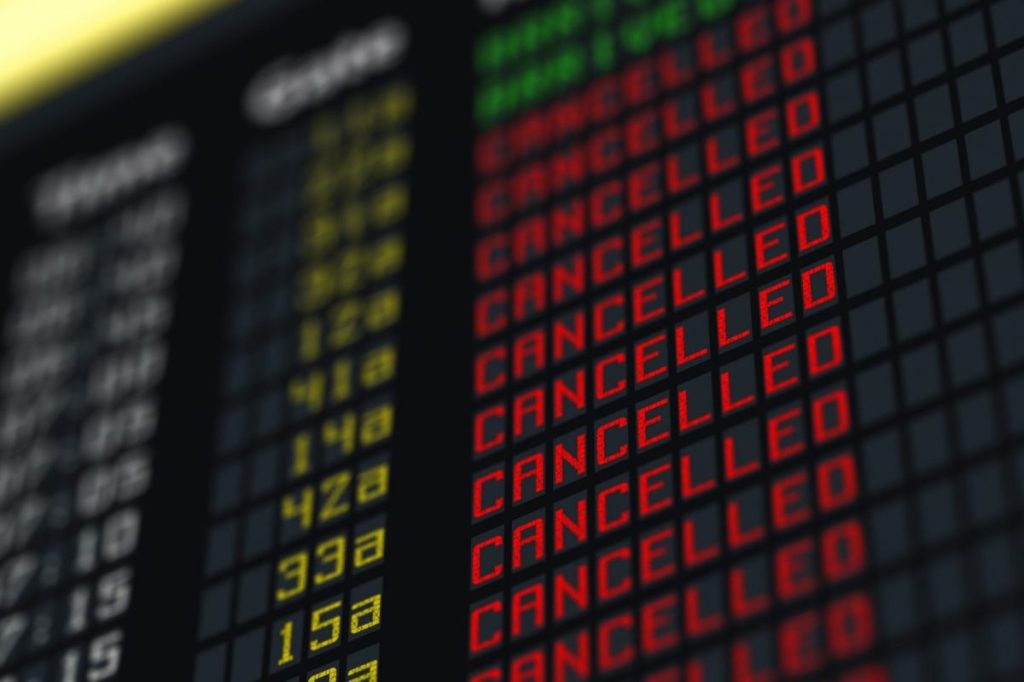In a surprising turn of events, the Department of Transportation recently implemented a rule requiring airlines to automatically refund passengers for flight disruptions, regardless of the reason. However, a new bipartisan FAA reauthorization bill contains language that could potentially hinder the enforcement of this rule. The bill includes a provision stating that passengers must make a written or electronic request for a refund in the event of a significant delay or cancellation of a nonrefundable flight. This raises questions about whether the Biden administration will be able to ensure automatic refunds for airline passengers moving forward.
The FAA reauthorization bill encompasses a wide range of provisions related to aviation, including pilot training and family seating. The specific language regarding refunds is buried within the bill and has caused concern among consumer advocates and lawmakers. Transportation Secretary Pete Buttigieg expressed confidence in the rule’s ability to withstand legal challenges, despite the potential implications of the FAA bill. Senator Elizabeth Warren has criticized the bill for potentially making it more difficult for passengers to receive the refunds they are entitled to, highlighting the need for clear and consumer-friendly policies in the aviation industry.
The airline industry has not been supportive of the automatic refunds rule, with American Airlines CEO Robert Isom pointing out areas of ambiguity during a call with analysts. Airlines for America, a trade group representing major U.S. airlines, criticized the DOT for implementing the rule without collaboration, which they believe could lead to confusion for consumers and a reduction in competition. The group argues that a one-size-fits-all approach to refunds is anti-competitive and not in the best interest of consumers.
As Congress prepares to vote on the FAA reauthorization bill, the implications for passenger refunds remain uncertain. The outcome of the vote could impact the enforcement of the DOT’s automatic refund rule and potentially create additional obstacles for passengers seeking reimbursements for flight disruptions. The conflicting perspectives within the industry, government, and advocacy groups underscore the complexity of airline regulations and the importance of clear and transparent policies that prioritize consumer rights and protection.
While the debate over airline refunds continues to evolve, it is clear that there are differing opinions on how best to regulate this aspect of the industry. Consumer advocates are calling for measures that make it easier for passengers to receive refunds when their flights are disrupted, while the airline industry is advocating for more flexibility and collaboration in crafting regulations. The outcome of the FAA reauthorization bill vote will likely have lasting implications for airline passengers and the broader aviation industry, highlighting the ongoing tension between consumer protection and industry interests in the regulatory landscape.
Ultimately, the resolution of this issue will require a balanced approach that takes into account the needs of both passengers and airlines. Finding common ground on refund policies and enforcement mechanisms will be crucial in ensuring a fair and transparent experience for consumers while also supporting a competitive and innovative aviation industry. As the debate unfolds in Congress and within the industry, stakeholders must work together to address concerns and develop policies that strike the right balance between consumer protection and industry sustainability.


